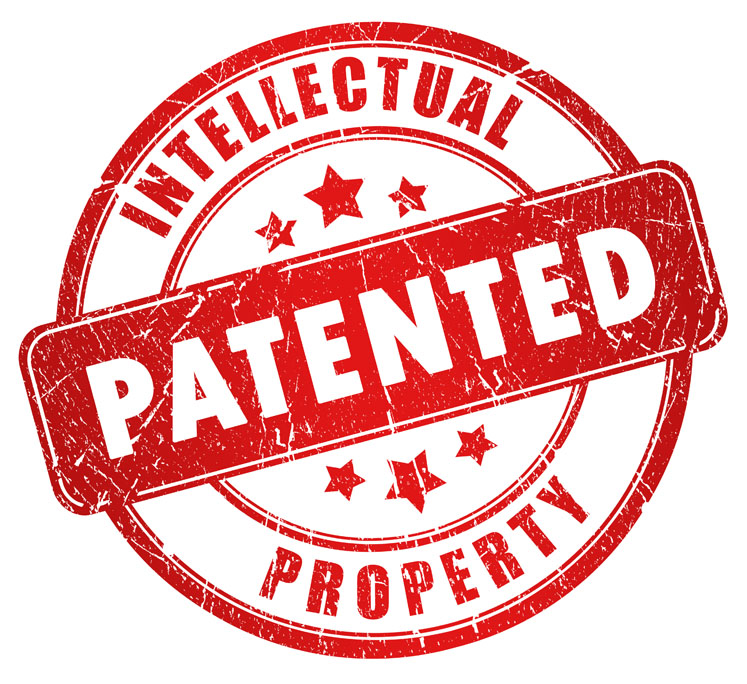On 29 June, the US Department of Health and Human Services (HHS) announced an agreement to secure large supplies of the drug Remdesivir for the treatment of COVID-19 in the US from Gilead Sciences.
HHS secured more than 500,000 treatment courses of the drug for American hospitals to take them through September.
This represents 100% of Gilead’s projected production for July, 90% of production in August and 90% of production in September.
Remdesivir is the first medicine authorised in the UK and at EU level for treatment of COVID-19 and so the news sparked obvious concern in many other countries.
As it happens, on 28 July the European Commission signed a contract with Gilead to also secure doses of Remdesivir. From early August onwards, and to meet immediate needs, batches of Remdesivir will be made available to EU Member States and the UK.
This will ensure the treatment of approximately 30,000 patients presenting severe COVID-19 symptoms.
The Commission is now also preparing a joint procurement for further supplies of the medicine, expected to cover additional needs and supplies as from October onwards.
In the face of such international competition for supplies, what leverage do governments have in such negotiations, particularly when drugs are covered by patents that give them or their chosen licensees the exclusive right to manufacture? What if the companies cannot meet demand?
In the global circumstances, many companies have said they will not enforce their patent rights. In the example of Remdesivir, we do not know the detail of the negotiations.
However, we do know that many governments, including the UK, have a significant card to play. Measures to ensure that, particularly in emergency situations, sufficient supplies of drugs are available to meet the urgent need of the public. In the UK, this is enabled by the Crown use provisions of the Patents Act 1977 (Act).
Specifically, the Act provides that any government department and any person authorised in writing by a government department may, for the services of the Crown, make, use, import and keep a patented product, without the consent of the proprietor of the patent.

The words "for services of the Crown" do not necessarily mean that the use has to directly benefit the Crown itself. Indeed, in the case of pharmaceutical supplies, this authorisation would most likely be to operate a patented manufacturing process and make a patented pharmaceutical product for public benefit.
A third party who is authorised under the Crown use provisions may use it as a defence to an action for patent infringement brought by the patentee or an exclusive licensee. But this does not mean the party holding the patent right has no remedy. Claims to compensation from the government by those whose patents have been subject to Crown use is also provided for.
Because Crown use effectively provides the government with a discretion to requisition patented technology, it is regarded as a serious step, which should only be considered in rare and narrow circumstances — a last resort. As a result, it has been used extremely rarely.
There is no evidence either, that the COVID-19 crisis has so far lead to government authorisation under the Crown use provisions of the Act, either for medical equipment supply or medicine manufacture.
If so, then what is the point of it?
The answer is that with such a powerful card in its back pocket, the government has leverage in negotiations with companies over supplies.
It can effectively imply: supply us or we will find someone else who will. It also means that, if the patent owner or its licensee genuinely cannot meet an emergency need, the government can call on other options.
The negotiations concerning Remdesivir suggest we are not in the latter situation at the moment. Let's hope it stays that way.
